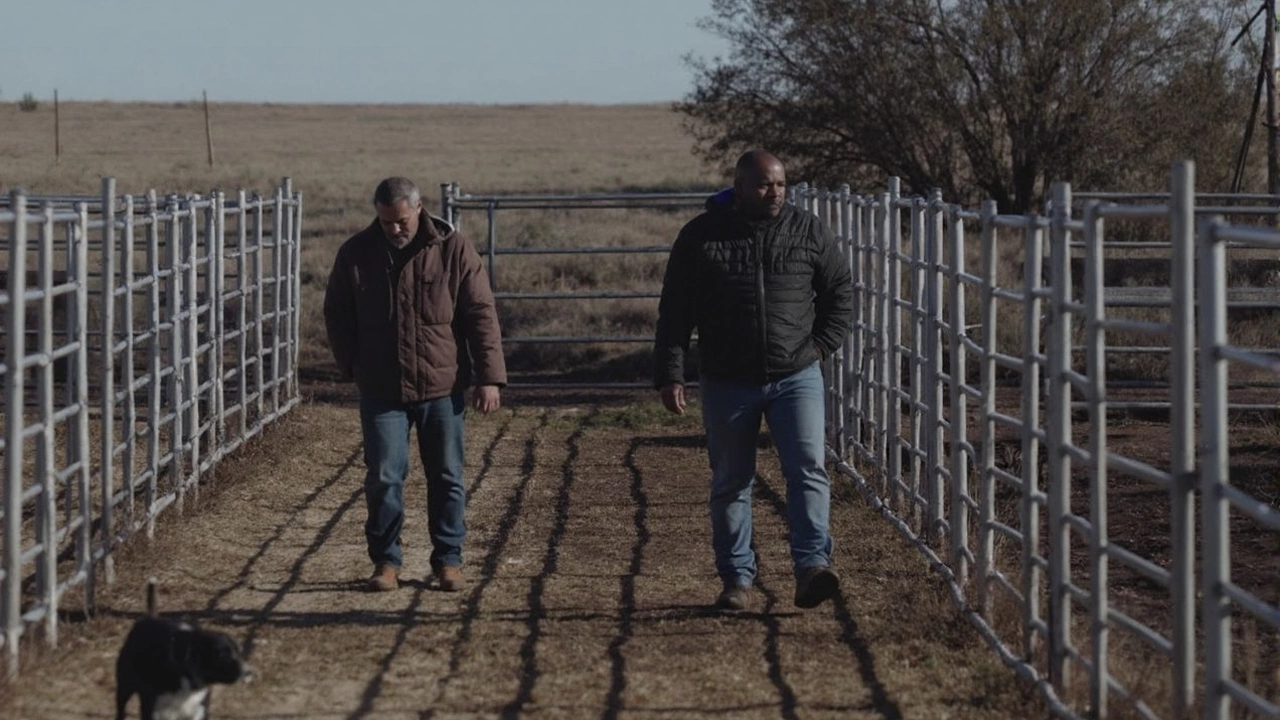The Story Behind Trump's Refugee Order for White South Africans
President Donald Trump made headlines by signing an executive order granting special refugee status to 59 white Afrikaner farmers from South Africa. On the surface, this looks like a straightforward humanitarian move, but the motivations behind it—and the narrative fueling it—are tangled in controversy.
Trump has spoken repeatedly about a so-called "white genocide" targeting white South African farmers, echoing conspiracy theories and social media claims that these farmers are systematically killed for their race. The idea took root online, catching the attention of many on the political right in the United States and elsewhere. Fueling the fire, South African-born billionaire Elon Musk, now a Trump adviser, reposted a video of Julius Malema—leader of the political party Economic Freedom Fighters—singing "Shoot the Boer," painting it as evidence of official support for violence against white farmers.
But these claims clash with ground realities in South Africa. President Cyril Ramaphosa has publicly condemned the idea of a "white genocide," calling it fiction designed to stir up division. In February, a judge in South Africa dismissed related court claims as "baseless" and "imaginary." According to the South African police and government statistics, while farm murders remain a major problem and are often extremely violent, there's no pattern showing white farmers are targeted because of their race. In fact, most murder victims in the country are Black South Africans.
What Afrikaners in South Africa Are Really Saying
Even among the Afrikaner community itself, there's pushback against the "white genocide" story. Several prominent Afrikaners have spoken out, saying the characterization is overblown and wrongly suggests an orchestrated campaign. They point out that crime in South Africa is severe, but violence cuts across all races and backgrounds. The murder rate is a staggering 45 per 100,000 people—one of the highest in the world—but it's tied more to poverty, land disputes, and general lawlessness than racial animosity. President Ramaphosa has emphasized that this crime epidemic is a national crisis affecting everyone, not just white farmers or any single group.
The South African government's response to Trump's executive order was sharp. Officials called it deeply ironic that Afrikaners, a group historically privileged under apartheid, would receive U.S. refuge while other immigrant groups, facing imminent danger or deportation, are turned away. The government criticized what they view as selective compassion, especially when based on unfounded narratives rather than evidence.
There's also skepticism about Musk's involvement. While he's shared his personal worries, his amplification of "white genocide" claims matches up with far-right talking points rather than the findings of local police or courts. South African authorities say the dangers faced by farmers are real, but so is the risk for Black workers and landowners in rural regions, who are more likely to be victims of violence. Data consistently shows no racial bias in the patterns of farm attacks.
This episode is a revealing look at how global politics can be shaped by selective evidence, outsider narratives, and personal connections to power. On the ground in South Africa, farmers keep facing threats, but many say turning reality into an international incident just makes it harder to tackle the real causes—crime, unemployment, and inequality.
